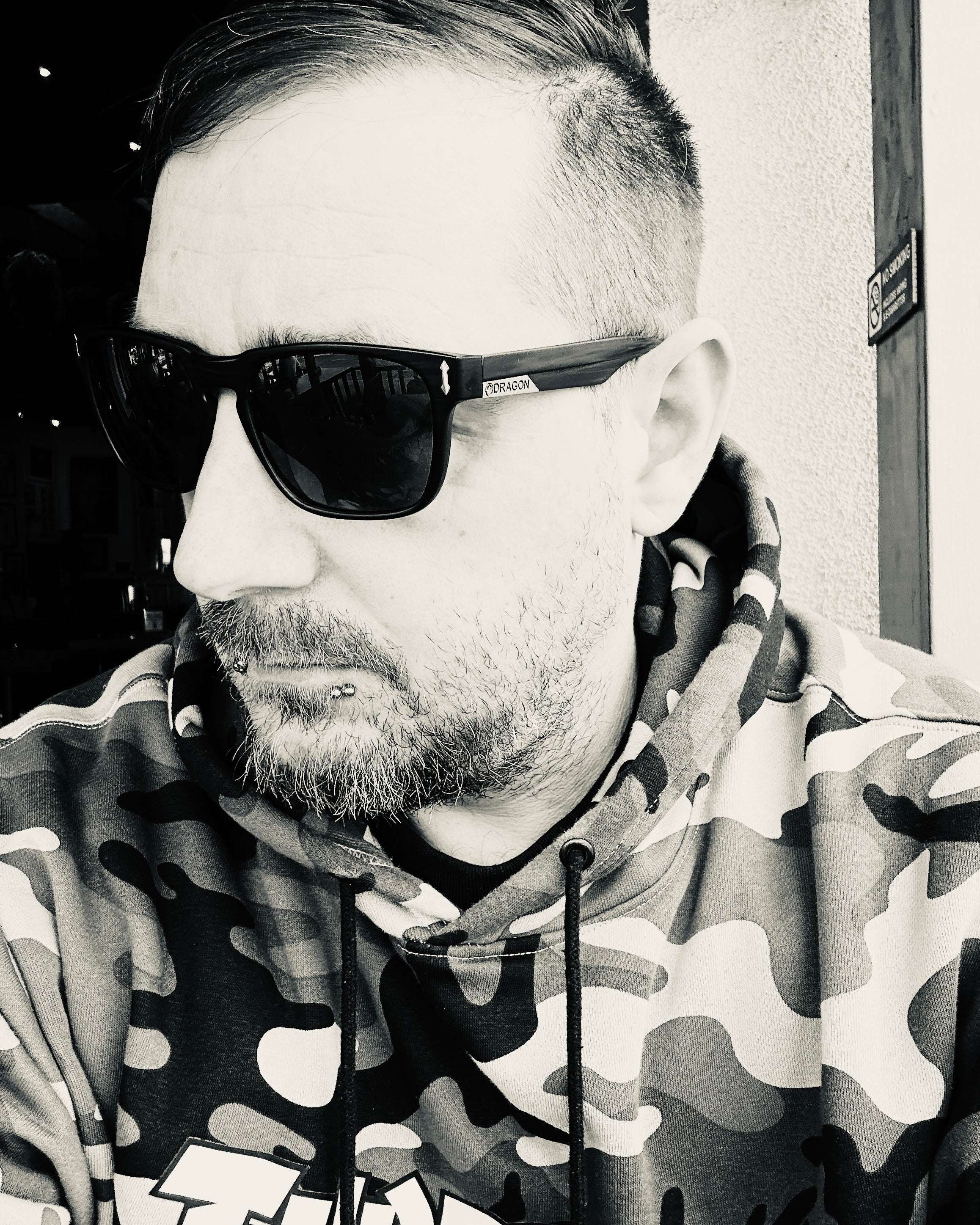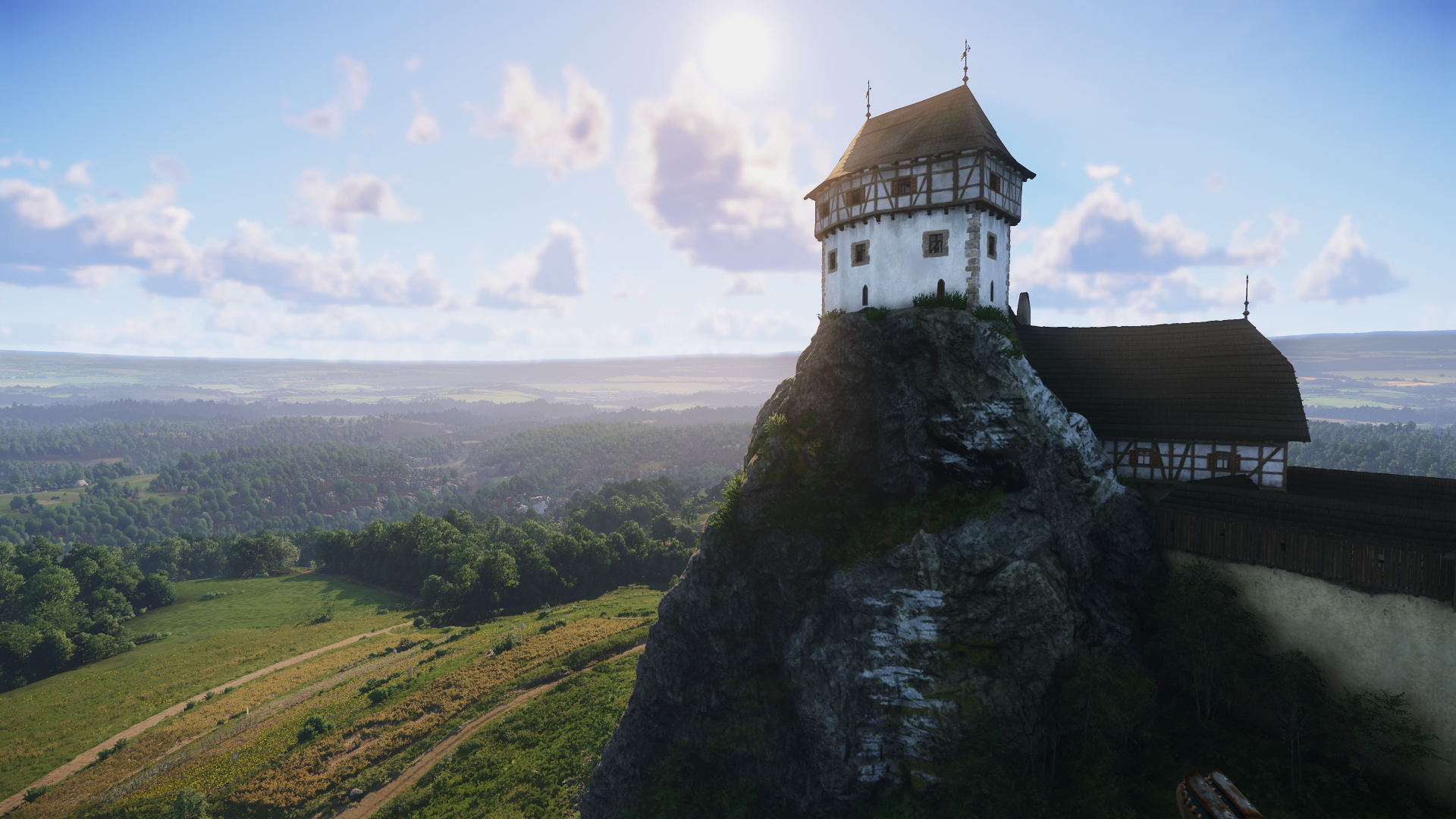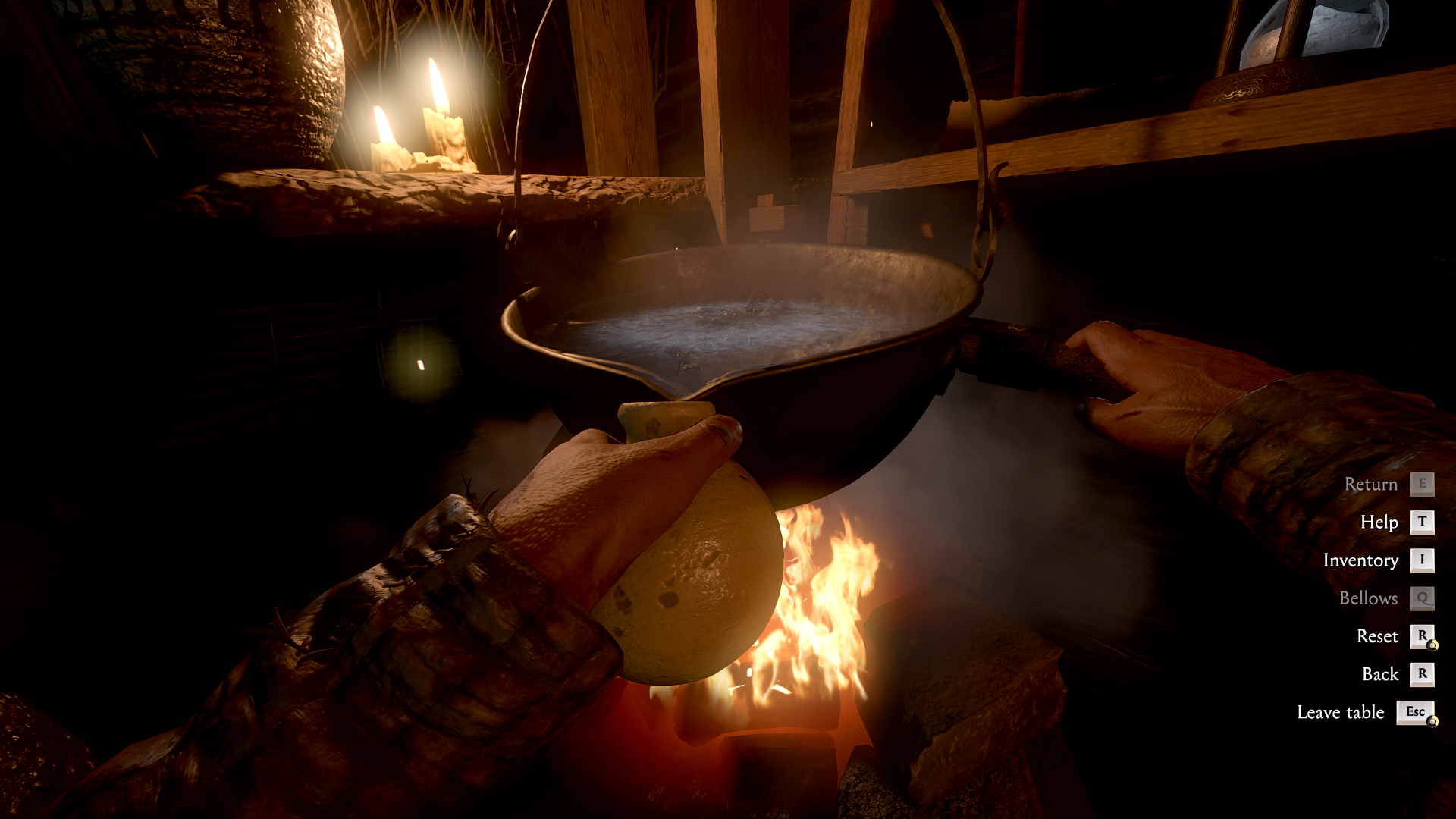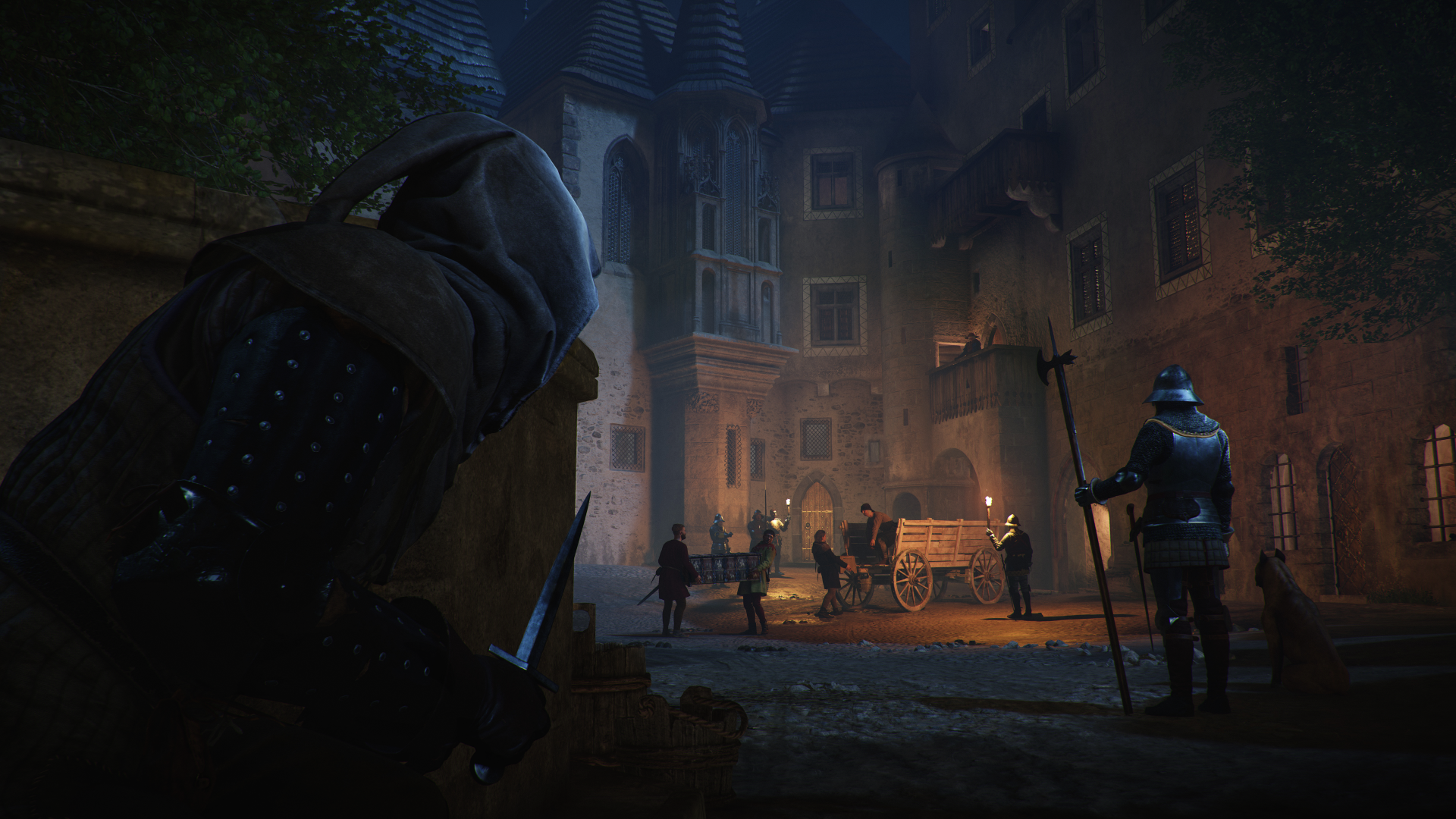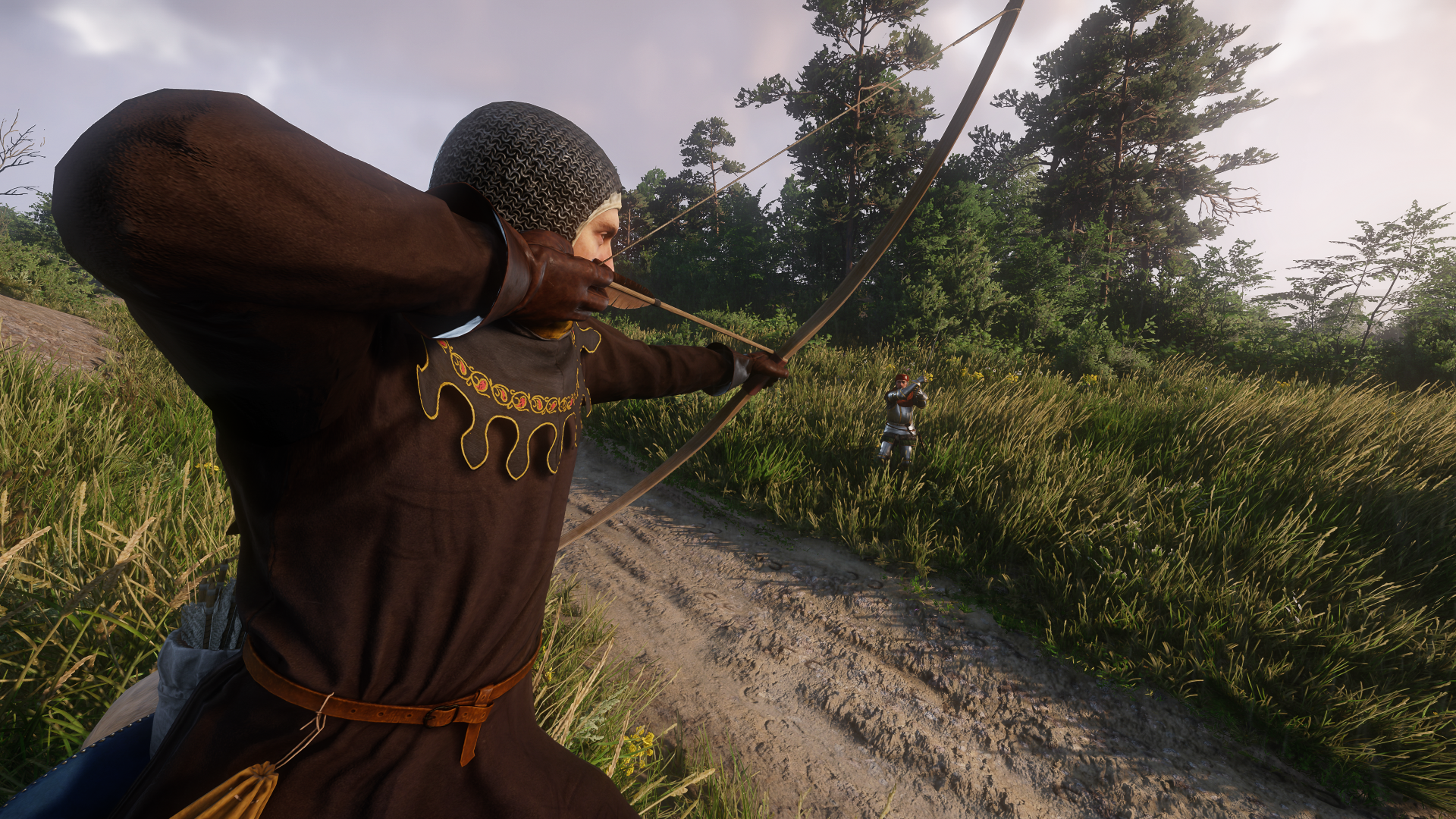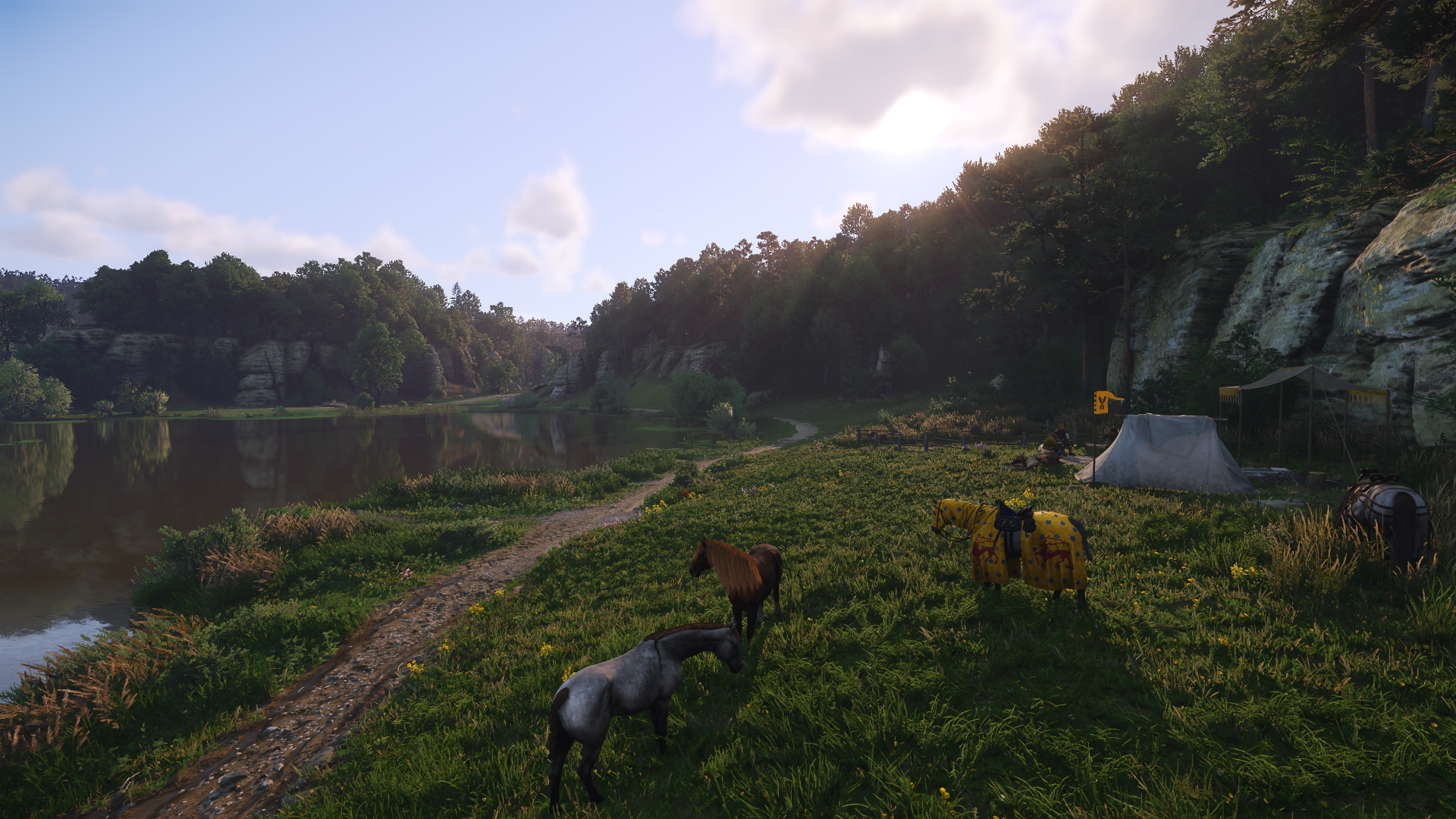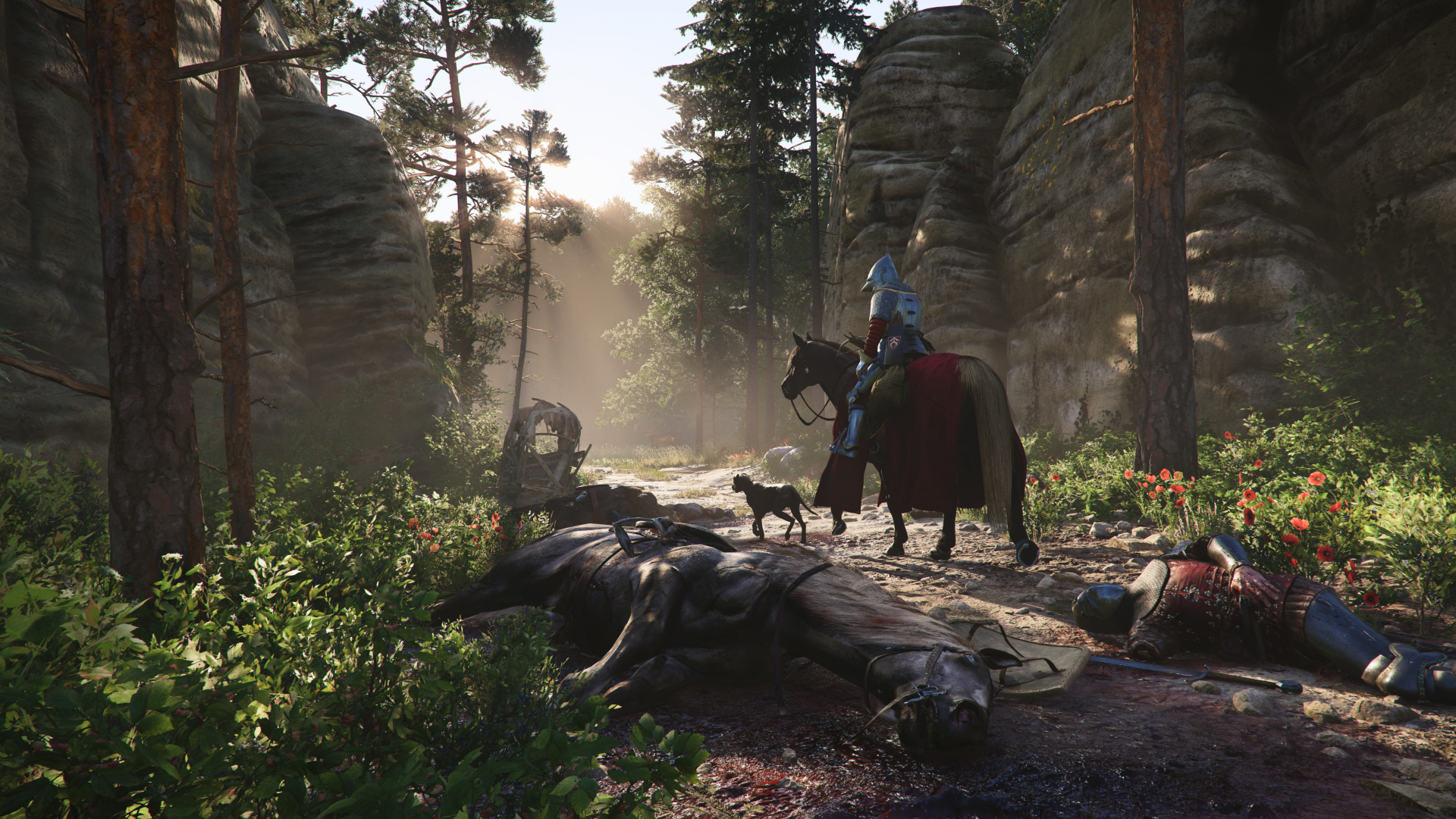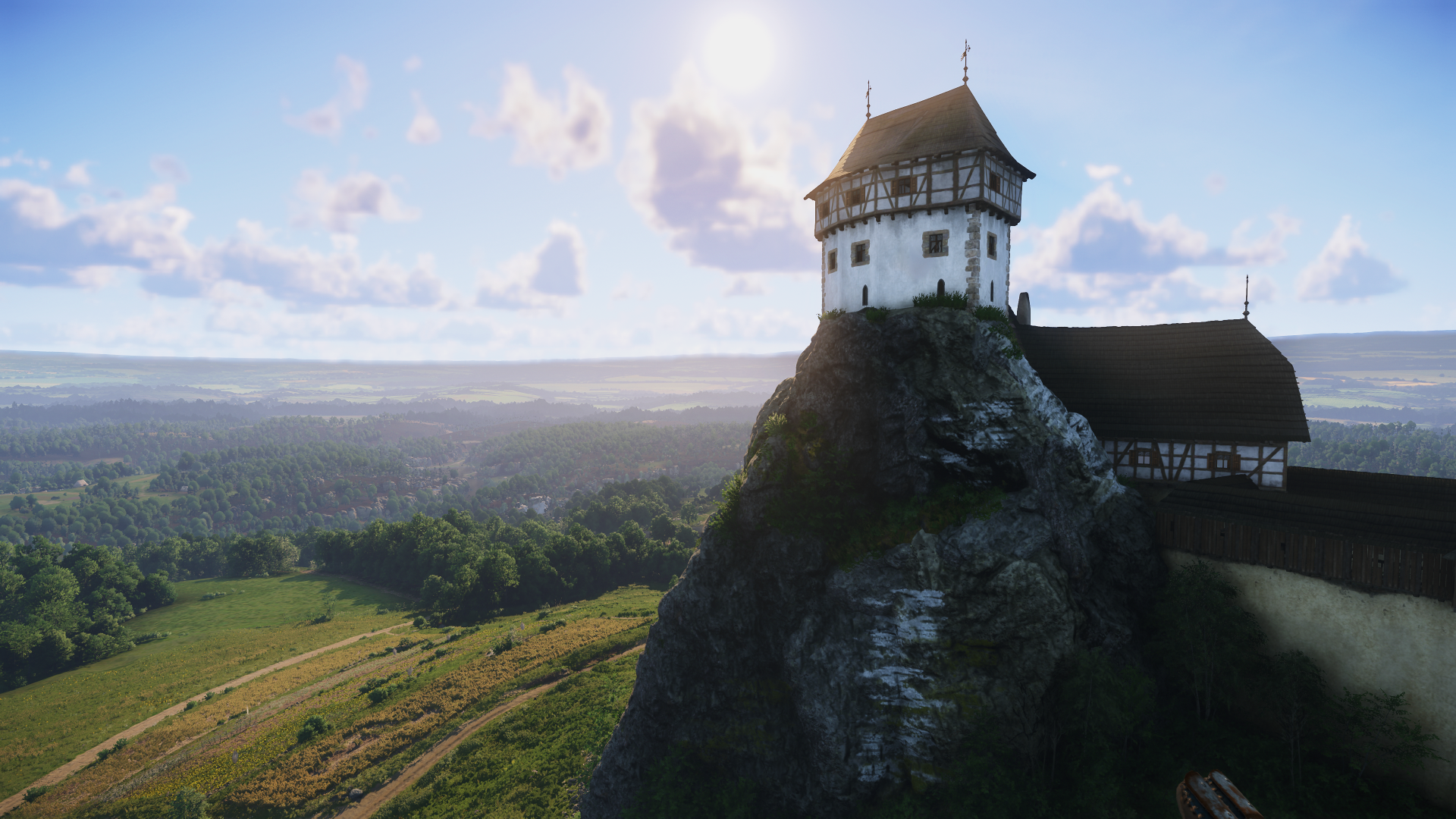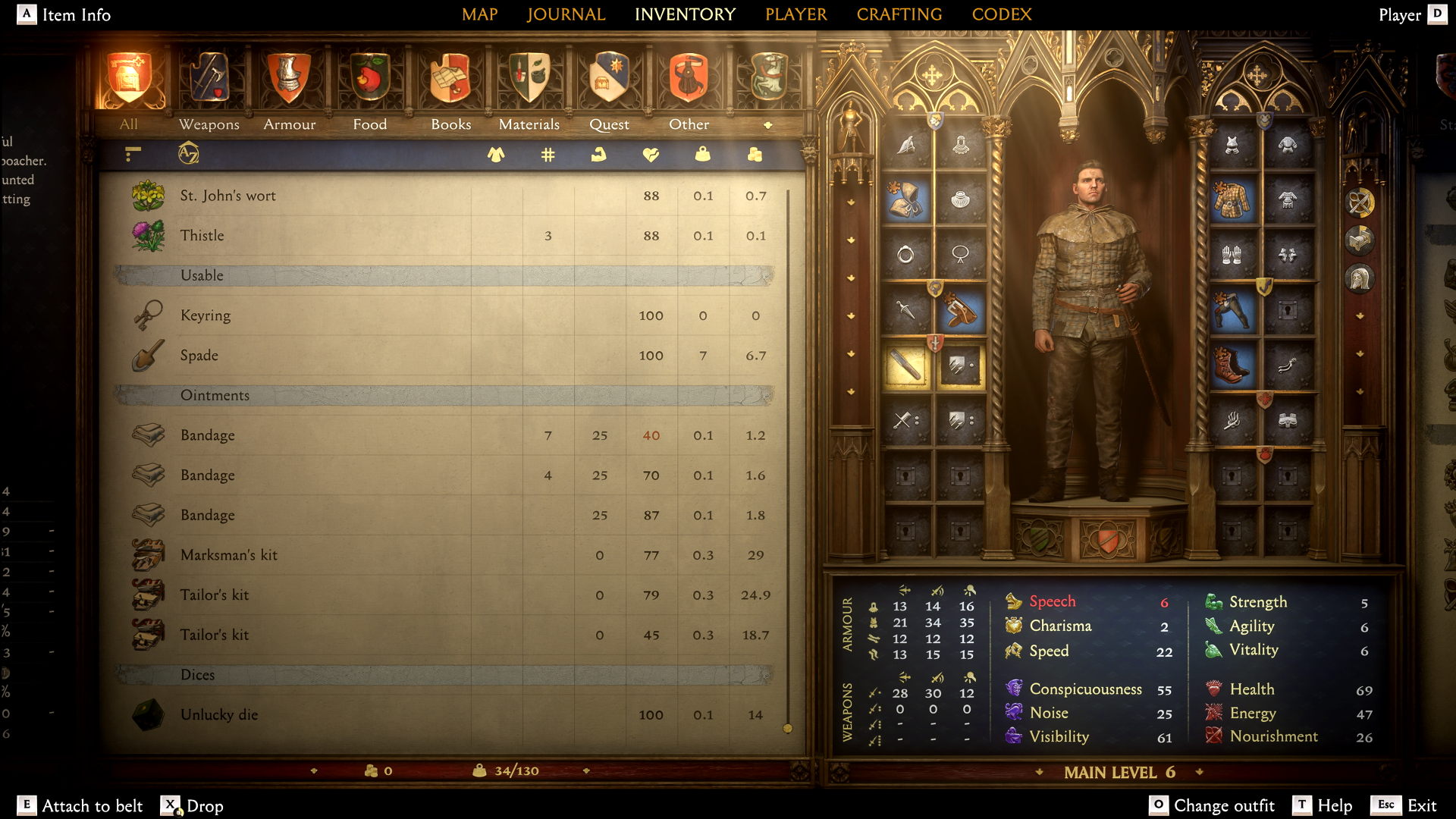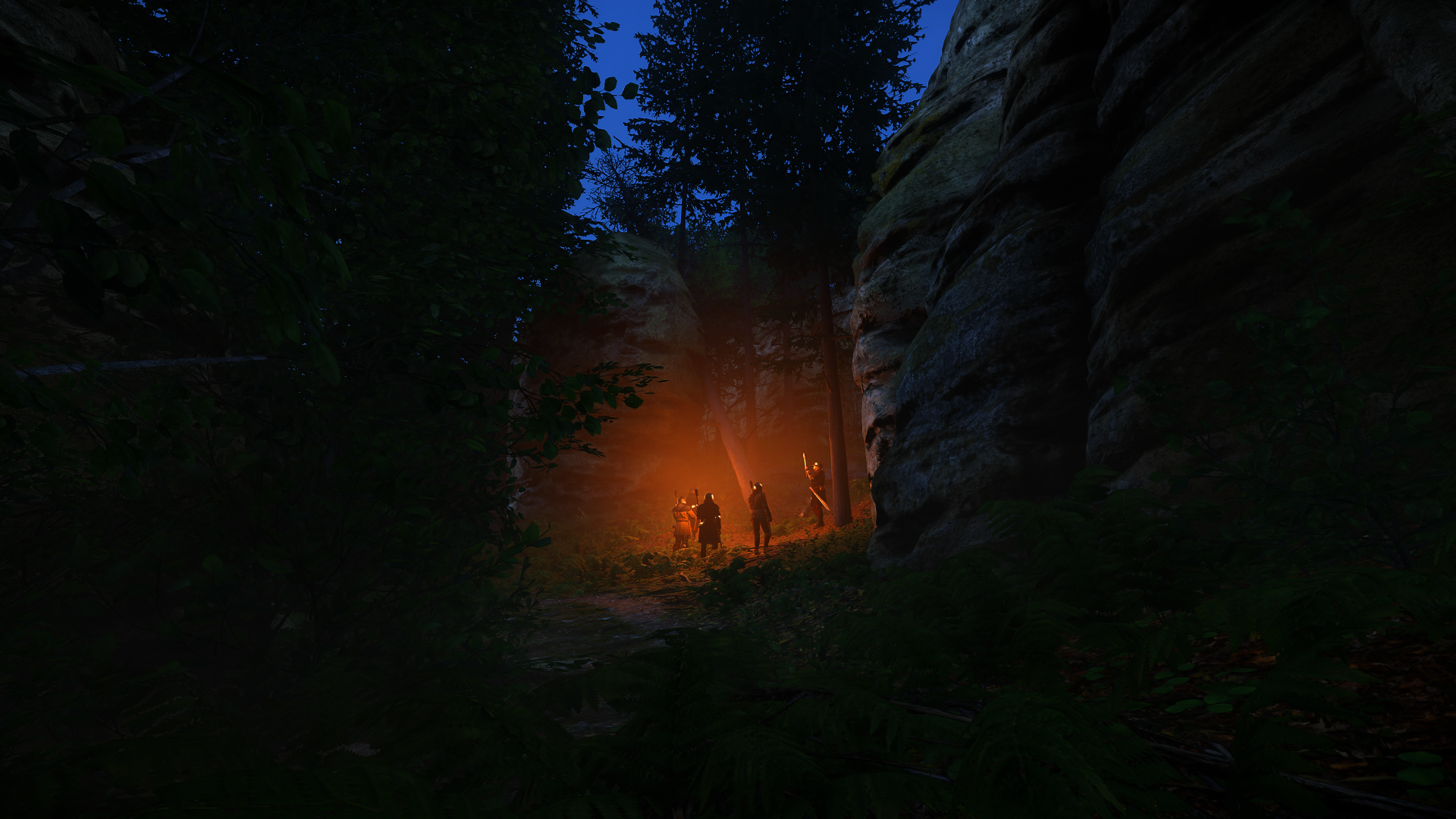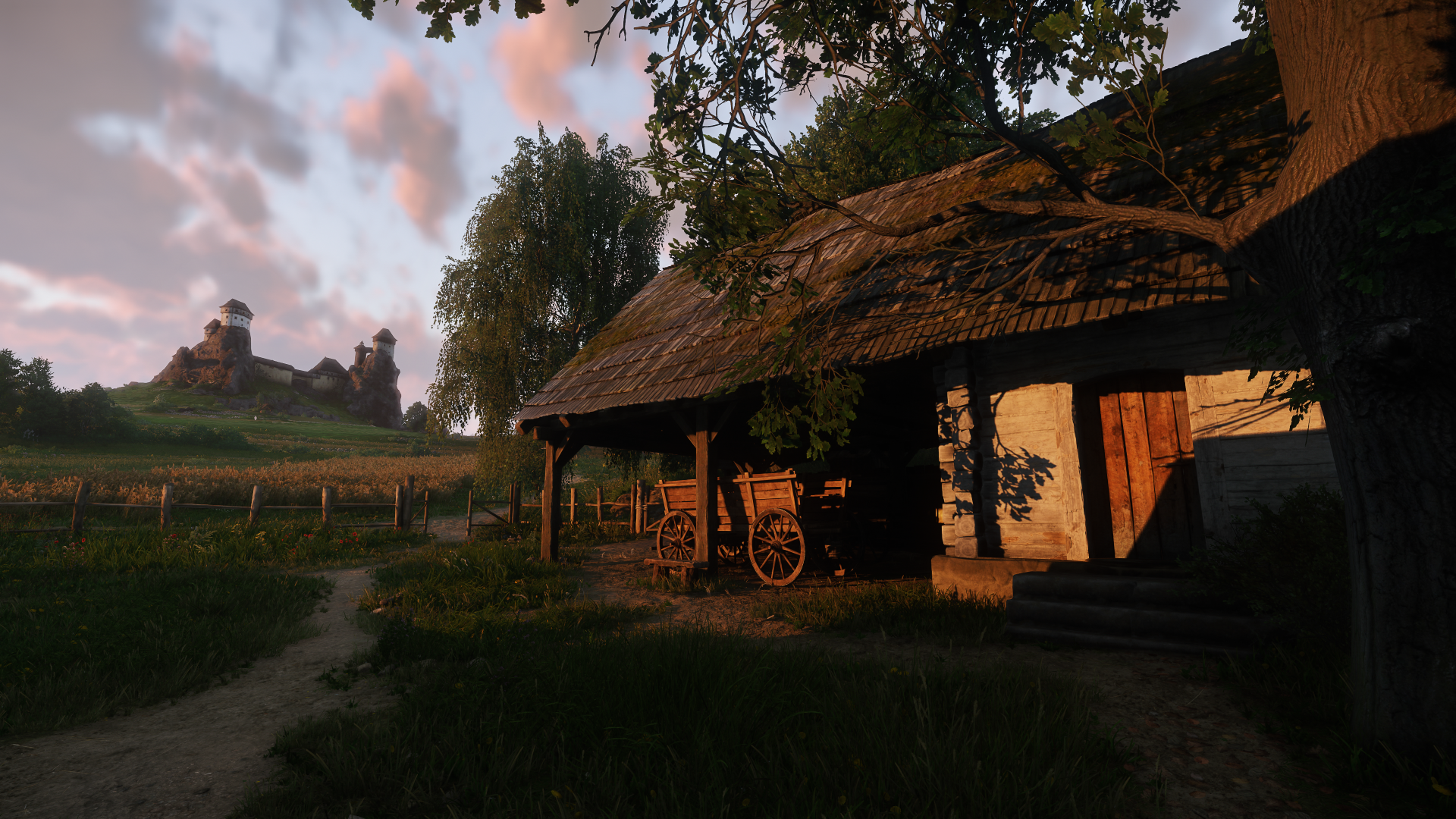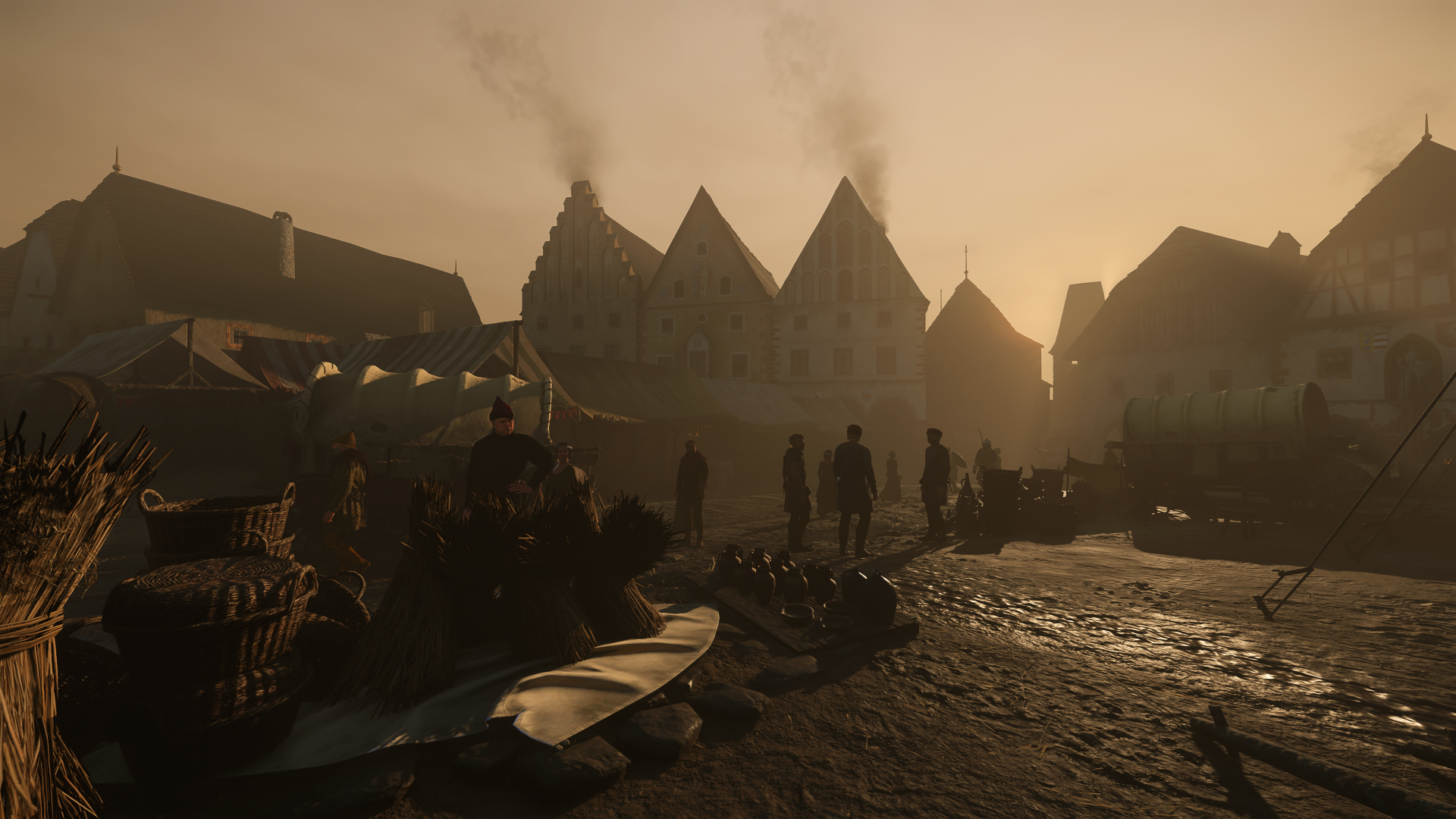“Snake Eyes!” A Sort of Hands-On with Kingdom Come: Deliverance II
Kingdom Come: Deliverance II is a dauntingly large game. It’s not scary, but the depth of choice and consequence, and the opportunity for truly lateral thinking when it comes to approaching any and all of its moving parts is, on the surface and after a short hands-on session with the game, massive.
We were given a chance to play and then to chat with Warhorse Studios’ Tobias Stolz-Zwiling who has been with the team and IP from the start and is now its roving studio PR manager and who might as well also be credited as a dev. What we played was a single quest not part of the game’s main narrative, and one in which there are many different ways to go about the task at hand, which is to steal a sword, place it somewhere else to cause a ruckus, then challenge a fighting school alongside your companion to prove who has the better sword skills and martial practices.
The thing is, we triggered the quest and enjoyed a bit of sword play ourselves (see our “Would you like to know more?” box out for more), we even had some fun with the game’s interesting dialogue system, but when it came time to go off and do the thing… well, see there’s this dice game within the game and it was right there. We played a lot of poker in Red Dead, a lot of Gwent in The Witcher III, a lot of Orlog in Assassin’s Creed Valhalla, a lot of… well, you get the idea.
So yeah, we got side-tracked playing dang dice for the duration of the hands-on session not realising we’d eaten up all opportunity, time-wise, to test out the full immersion and opportunity available to us in the world. Thankfully Tobias does his job very, very well in that he not only knows the game in and out, but truly loves it, meaning what we missed above, is touched on in significant measure via our Q&A below. But rest-assured KCD II fans, we can tell you with full confidence that Bloody Dice within the game’s various regions is fun, deep and super engaging. Now, onto the actual information you’re really here for…Kingdom Come: Deliverance II
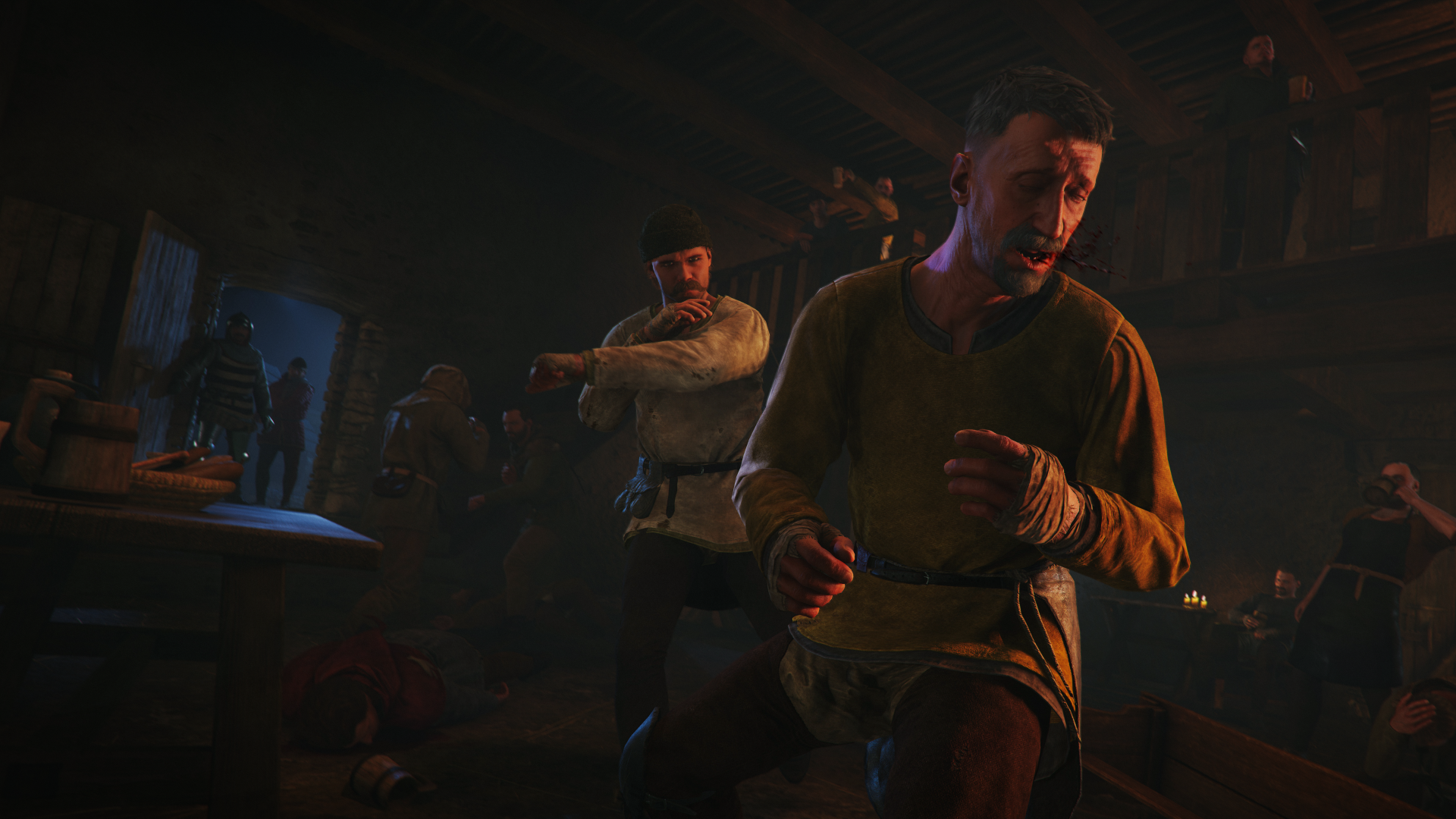
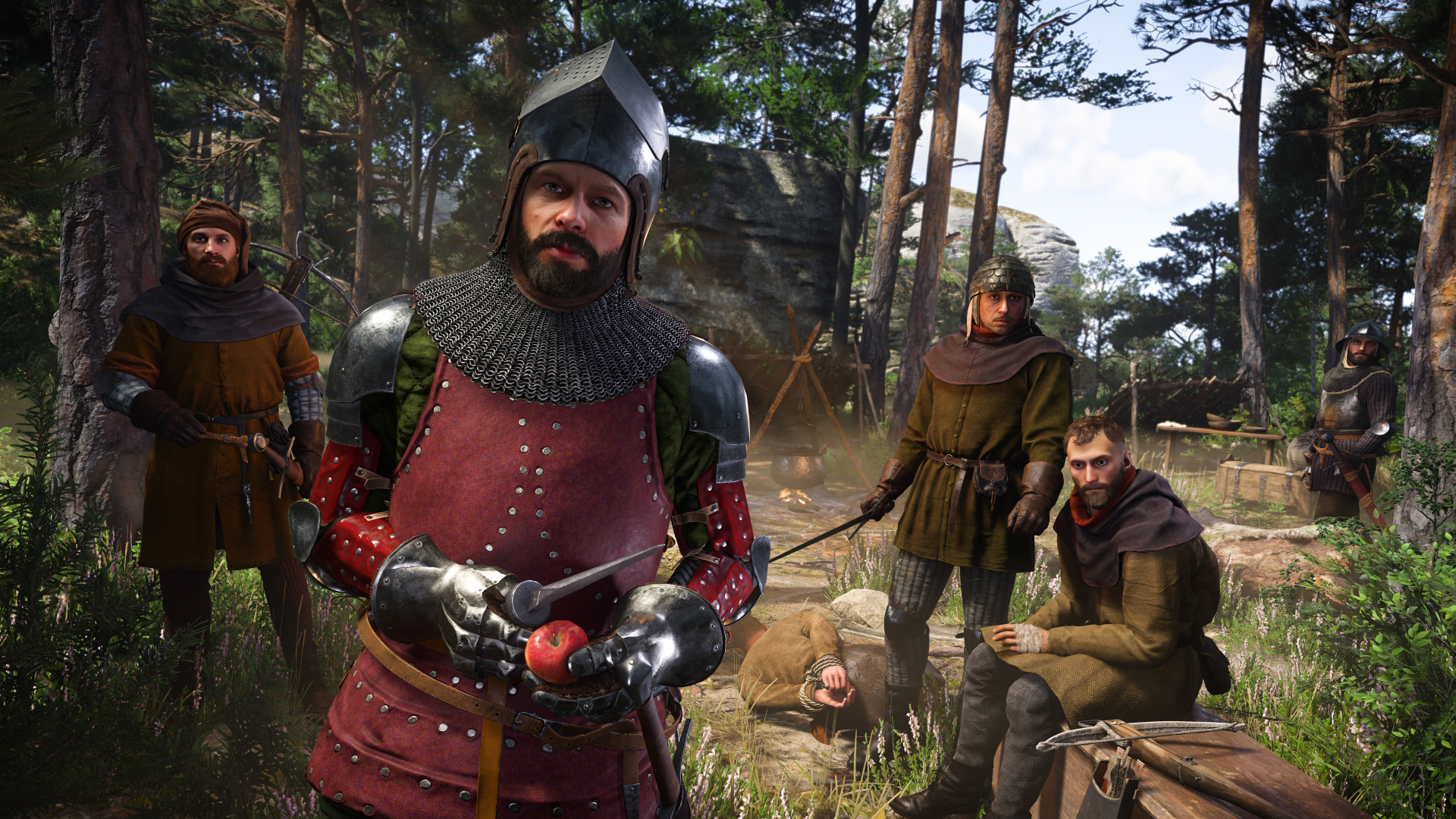
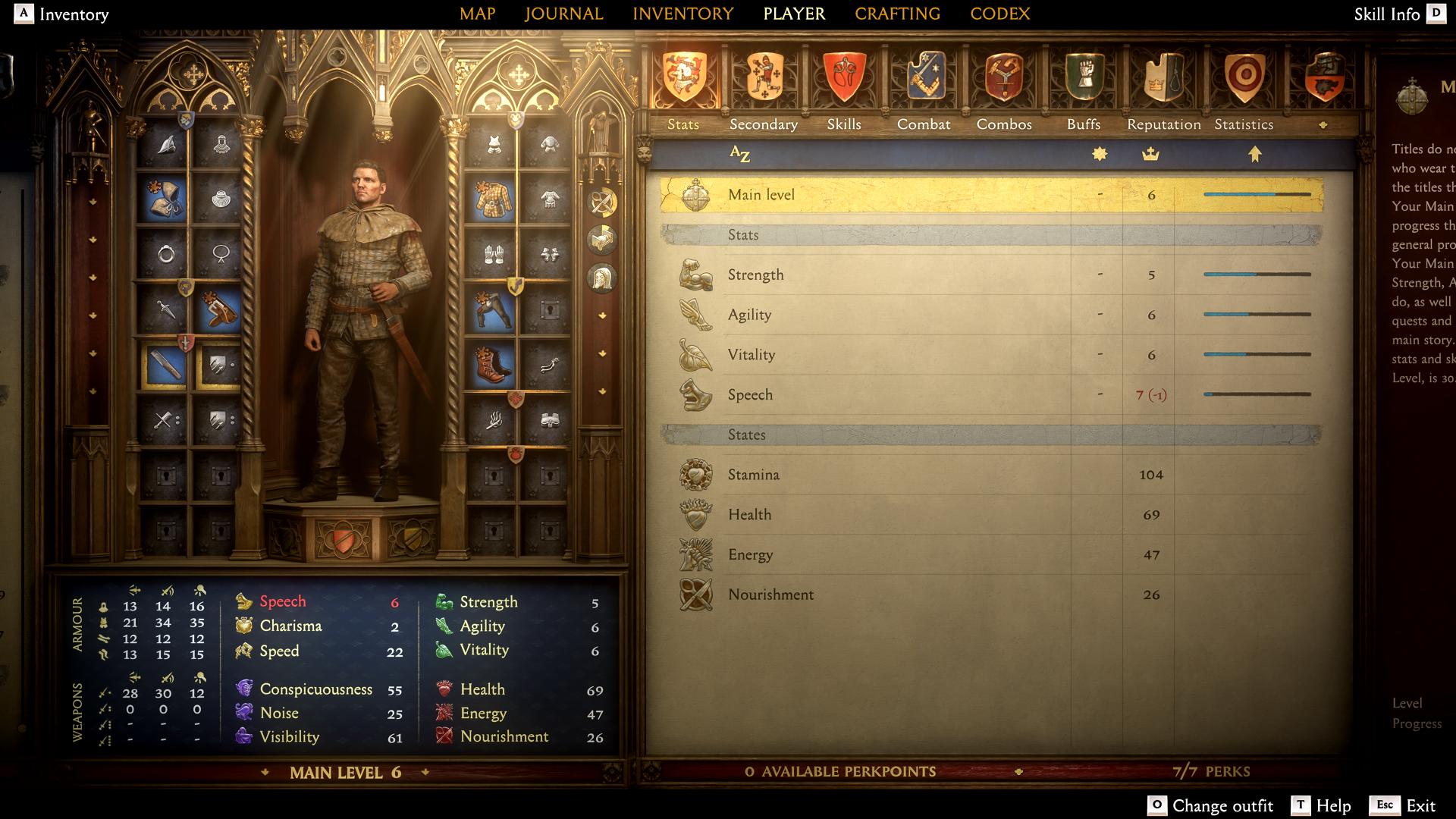
About the author
